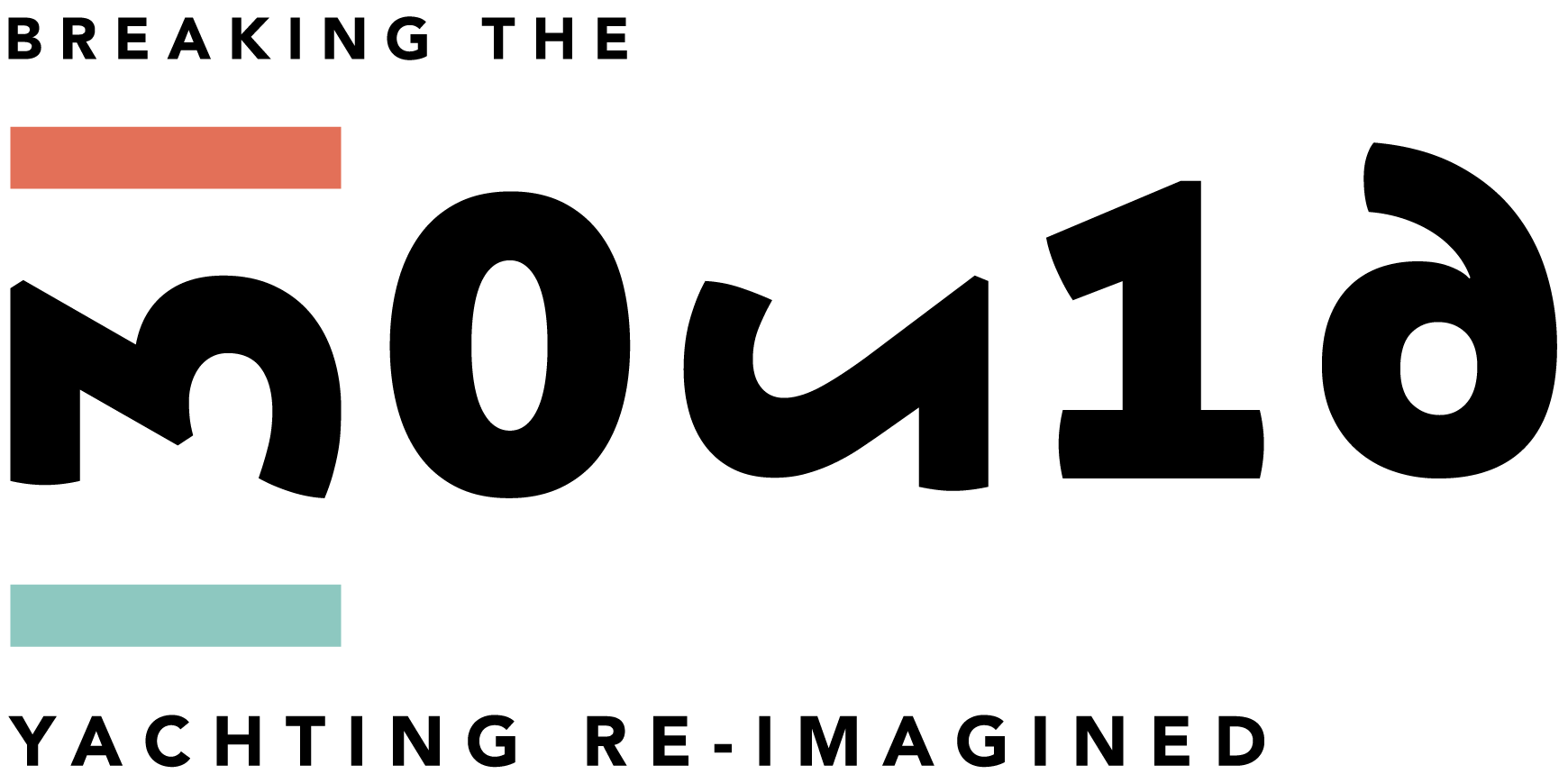Do Schools Pay VAT? A Comprehensive Guide to VAT Laws in Education
Starting January 1, 2025, private schools in the UK will have to charge VAT (a type of tax) on things like tuition and boarding fees. This is a big change, as they didn't have to do this before.
School leaders need to get ready for this. This guide explains the new rules and gives helpful tips to follow them correctly.
Do Schools Pay VAT?
VAT, or Value Added Tax, is typically charged by businesses on goods and services and then remitted to HMRC. However, private schools and academies educating children under 19 have long been exempt from this obligation, a policy designed to make private education more affordable.
This exemption will no longer apply. On 29 July 2024, the government announced that private schools will need to charge VAT, bringing significant implications for their operations.
What Are the Key Changes?
The government’s Technical Note, “Applying VAT to Private School Fees and Removing the Business Rates Charitable Rates Relief for Private Schools”, outlines the changes:
- VAT on Tuition and Boarding Fees: Private schools must charge the standard VAT rate of 20% on services like tuition and boarding starting 1 January 2025.
- Advance Invoices: Any fees invoiced after 29 July 2024 for services provided after 1 January 2025 must also include VAT.
- Broader Scope: Other services, such as music lessons, sports coaching, and facility hire, may also fall under the new VAT rules.
The government aims to redirect revenue from this change, estimated at £1.3–1.5 billion annually, to support state education.
Impact on Private Schools
For private schools, these changes could mean overhauling financial practices. Key considerations include:
1. VAT Registration
Schools with taxable turnover exceeding the VAT threshold must register with HMRC. VAT registration involves:
- Charging VAT on applicable services.
- Filing regular VAT returns.
- Ensuring timely registration to avoid penalties.
2. Adjusting School Fees
Schools must decide whether to absorb the additional VAT costs or pass them on to parents by raising fees, which could increase by up to 20%. Balancing affordability with financial sustainability will be critical.
3. Cash Flow Management
VAT obligations may strain cash flow, requiring adjustments to financial planning. Schools will need robust systems to ensure timely VAT payments without impacting other operations.
4. Enhanced Record-Keeping
Accurate tracking of VAT liabilities and maintaining detailed records will be essential. Schools may need to invest in updated accounting software and training for finance teams.
What About State Schools?
State-funded schools and academies remain unaffected. They are not required to charge VAT on educational services and can continue reclaiming VAT on most purchases related to educational activities.
Private nursery education will also remain exempt from VAT.
Preparing for the Transition
With just a few months until these changes take effect, private schools must act swiftly to adapt. Financial managers should:
- Review current fee structures and service offerings.
- Ensure VAT registration is completed.
Need Help?
Are you worried about the financial impact of these VAT changes? We can help you navigate the complexities and develop a strategy to minimize the burden on your school and families.



%20(51).jpg)

%20(49).jpg)